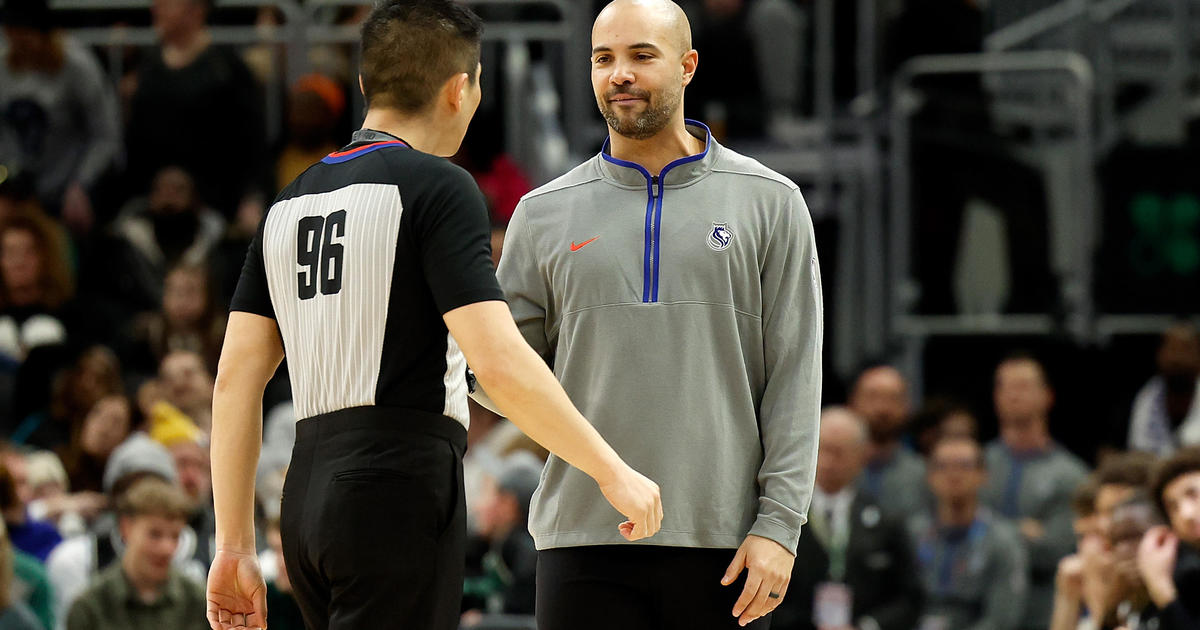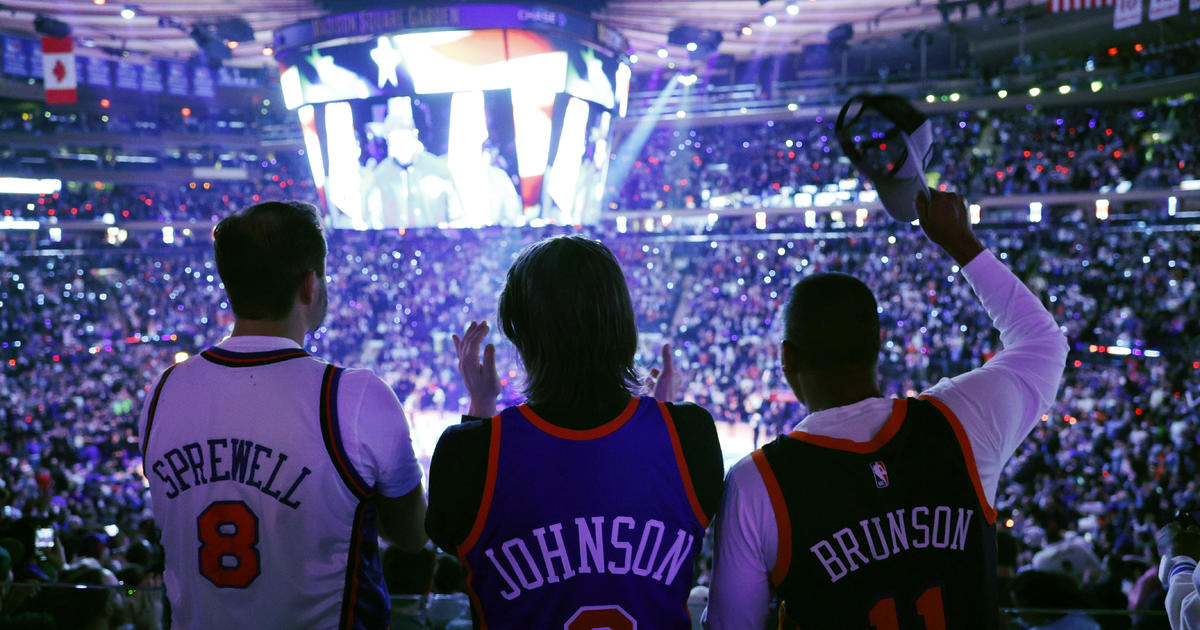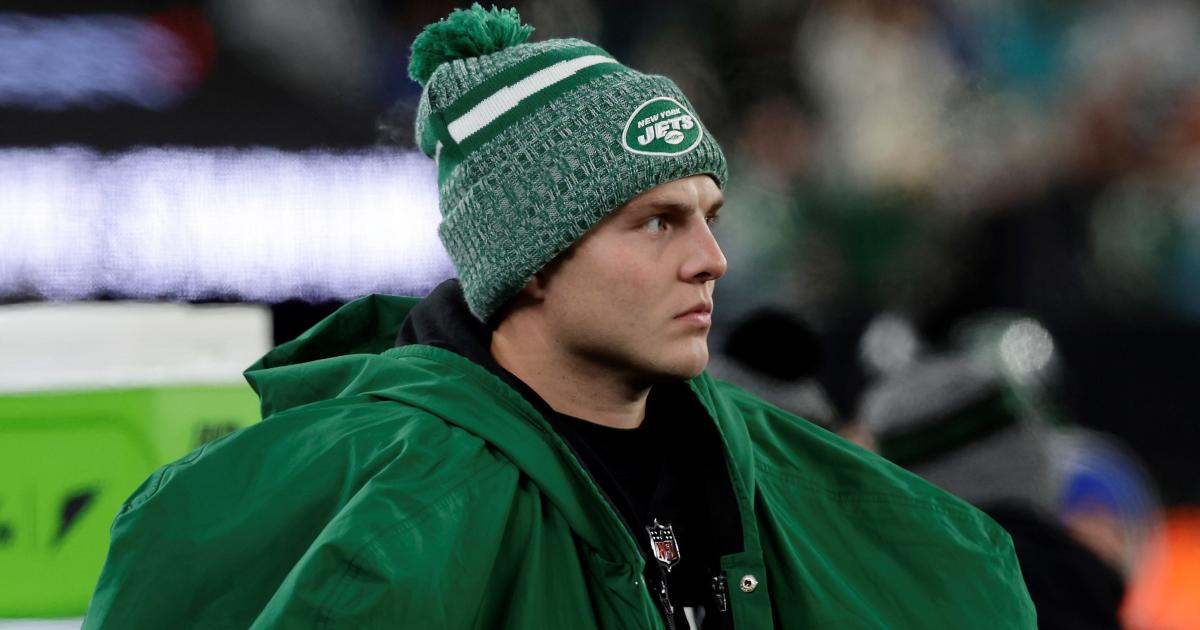Sweeny: The Case For Chris Woodward As Yankees' Next Manager
By Sweeny Murti
» More Columns
We see it all the time in football -- a successful team has its coaching staff raided by other teams looking to copy the magic formula to winning.
Think of the 1990 New York Giants. Bill Parcells led a staff that featured future Super Bowl-winning head coaches Bill Belichick and Tom Coughlin.
It seems this year's World Series teams are being viewed similarly around the game as teams look for the next A.J. Hinch or Dave Roberts. The Red Sox hired Alex Cora away from Houston. The Phillies hired Dodgers front office man Gabe Kapler. And Saturday the Yankees interviewed Dodgers third-base coach Chris Woodward, the fifth official candidate to be Joe Girardi's replacement.
MORE: Sweeny: The Case For Aaron Boone As Yankees' Next Manager
MORE: Sweeny: The Case For Hensley Meulens As Yankees' Next Manager
MORE: Sweeny: The Case For Eric Wedge As Yankees' Next Manager
MORE: Sweeny: The Case For Rob Thomson As Yankees' Next Manager
Woodward played 12 years in the majors, mostly with Toronto and including a two-year stop with the Mets from 2005-06.
"I really liked him as a player," said Willie Randolph, who managed Woodward with the Mets. "I never had to worry about him being ready to play. I always sensed he was thinking along with me and was always ready to go in. The way he carried himself, good teammate…I'm a Woodward fan."
After his playing days Woodward spent three years as a coach with the Mariners, and the last two seasons with the Dodgers under Roberts. Woodward also managed the New Zealand WBC team last spring.
If the copycat approach is one the Yankees wish to follow, Woodward said he took some valuable lessons from Roberts, who guided the Dodgers to within one win of a championship this season.
"I got to watch him grow," Woodward said. "He was open-minded. I think that was the biggest thing I took away. I watched him kind of change the way, from a strategic standpoint, how he navigated through games -- using his bullpen, his hitters. I think that had a lot to do with constant conversations with people upstairs, with his players, just to get a feel for how everybody was feeling and what made the most sense to win baseball games.
"The players at times would get frustrated because they weren't playing as much as they thought they should or pitching when they thought they should. But then people started to realize that this was a recipe for success. And once they bought in, they accepted their roles and we continued to move forward. And Dave never broke stride. He never changed from an attitude standpoint. He was relentlessly positive, and he had a good way of explaining why we were doing what we were doing."
Communicating with players is the common theme lately. And it's not just because that has been leveled as a criticism of Girardi at the end of his tenure. An executive with another major league team that recently interviewed managerial candidates told me they all bring different versions of "I'm a good communicator" with them. Woodward did as well.
"I think the biggest thing with communication is to not be afraid to have tough conversations," Woodward said. "You build relationships, you build trust with whoever it is -- players, staff, front office -- everybody is in this together. I think the communication part is being honest, explaining your thoughts, explaining why certain things are going on. If a guy's not playing, giving them a logical reason and not being afraid of the backlash. I know when I was a player I really admired and respected the guys who were honest. I think the communication has to be consistent and it has to be constant."
Woodward has lived in some very diverse clubhouses, and that experience has helped shape him as well. Mets teammate Cliff Floyd remembers Woodward fitting in well with players from many backgrounds.
"This whole new school of managers are guys that can relate to a diverse clubhouse," Floyd, now an MLB Network analyst, told me. "He was right in the middle of it. He wasn't the class clown, but he was involved every day, he talked to everybody. That's what you want in a manager."
Leadership has its roots in being able to relate to a large group of people. In this case, the 25 players in a major league clubhouse. With the Yankees at a crucial point in their climb back towards the top, Woodward believes he is ready to take them there.
"I think that's probably my biggest strength as a person, just the communication and the desire to show people what I've learned," Woodward said. "And over the years I've constantly added more pieces to my puzzle.
"There's so much I have to offer and there's so much that I believe in to the core of who I am from a cultural standpoint, from a process standpoint, from a work ethic standpoint. All those things that I will demand out of our team and our players, that are all good things. There's no punitive value to those things. They're all things to make us champions. And I think that's something that I know people will rally behind."
And guiding the Yankees is, in his eyes, the ultimate challenge.
"This organization represents the greatest organization on the planet in any sport. What better honor to lead this organization back to winning a World Series? And that's honestly the only goal," he said. "And when you can get guys to buy into that it's powerful. (When) they're willing to run through a wall for one another, I think that's what will separate this team from every other team."
Please follow Sweeny on Twitter at @YankeesWFAN




